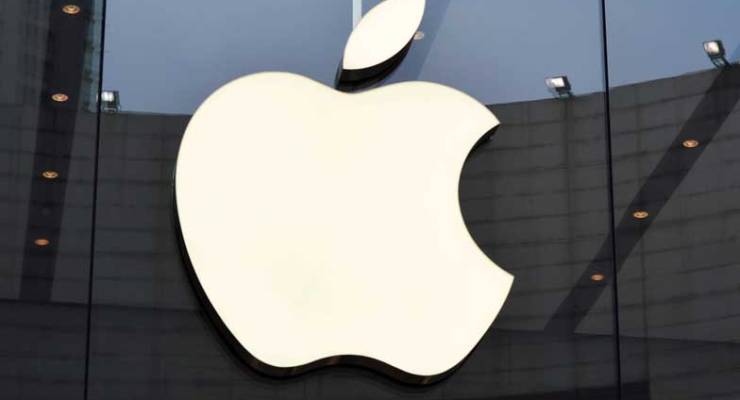
With even senior Republicans like Marco Rubio now attacking the Trump company tax cut, that the biggest US firms are now pumping most of the tax cut windfall in share buybacks is no longer really news. That will come as a relief to the Financial Review, where they’ve been holding out on mentioning the new all-time record share buyback spree that has occurred in the US since the start of the year out of concern that it messes up its pro-company tax cut agenda.
But one buyback is so extraordinarily large that even the Fin was forced to mention it today. In Apple’s March quarter earnings statement this morning it confirmed market reports that it will boost its share buyback by $100 billion over the next few years. That’s on top of its current buyback process which will have purchased $US210 billion by the time it ends in June.
$100 billion. Not spent on additional investment. Not spent on pay rises. Handed back to shareholders.
One of the biggest beneficiaries of the buyback will be Warren Buffett: Berkshire Hathaway has become the largest singe shareholder in Apple with a stake of 165 million shares worth more than $US28 billion. Buffett won’t sell into the buyback — instead just sit back and watch as Berkshire’s stake increases as a percentage of the total number of shares on issue, and its value rise as a result. Apple also rewarded investors by lifting its dividend by 16% — it will pay out a total of $13 billion to shareholders on top of the buyback offering.
This is why company tax spruikers can’t find any country where company tax cuts have lifted wages — because companies always hand the windfall to shareholders. That’s what was predicted before the Trump tax cut based on what occurred during the Bush years, and it’s exactly what has happened. And it’s what will happen if the government and the Business Council is successful in securing a company tax cut here.
And remember that every cent of this handout to Apple shareholders, and every cent of every other share buyback and increased dividend from US corporations, is being financed with US government debt, which is set to top a trillion dollars again in 2020, and is headed for 100% of GDP in the late 2020s. US taxpayers — that is, average workers — will be paying for this for generations to come via increased debt and lower levels of government services.









Sounds like conditions for revolutionary change? Perhaps elsewhere in the world. The continuation of foreign wars, threats of foreign terrorism and fear of external forces keep the US people bound to this shitty system of exploitation for fear of being ground underfoot by foreigners instead of home-grown arseholes ..
Yeah well, whatever changes might occur worldwide, you know they’ll happen here last. Its just who we are now as a nation. Old, slow and doddery.
Handing back to shareholders is a collateral benefit. The real intent is to trigger wonderful management bonuses that result from large increases in share prices
Quite. Either way, the benefit flows disproportionately to the richest owner and manager tiers.
Why do we as a society put up with this?
Because you will be killed if you don’t.
Is that your way of saying peaceful protest won’t cut it?
Has it ever? Remind me, please.
No. Unfortunately.
Mahatma Gandhi?
Sleuth, I didn’t expect any Crikey reader would still swallow the Mohandas Karamchand B/S.
Sigh.